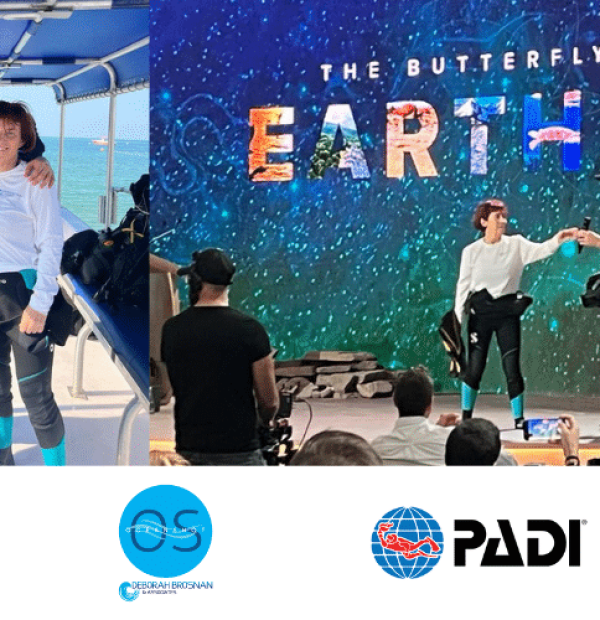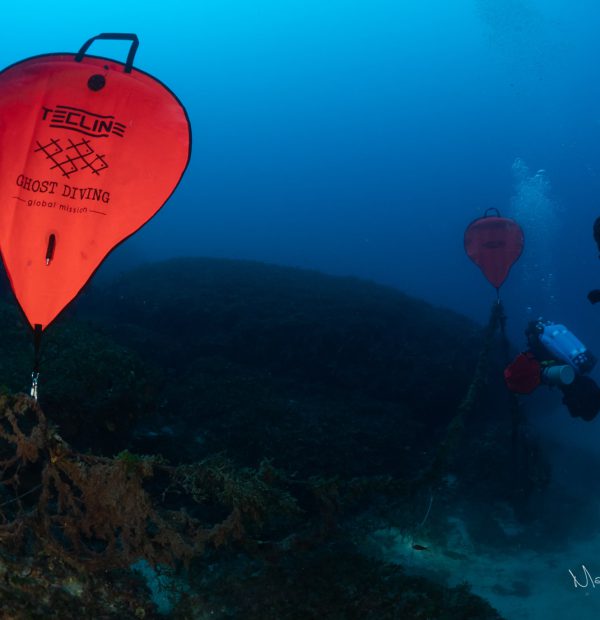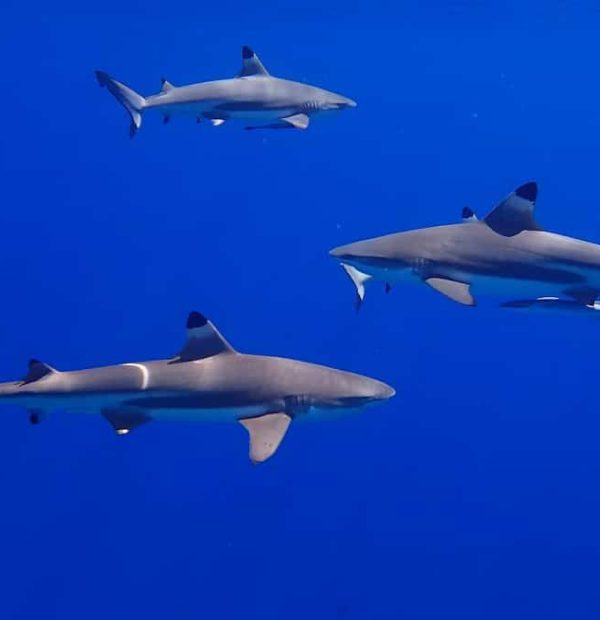Thursday, 16 May 2024
Menu
In Antarctic waters, scientists have observed a huge group of humpback whales. According to estimates, their number exceeds 300 animals. This is the largest accumulation of these animals in the bays along the western Antarctic Peninsula in 20 years.
The observation of ice-free waters, suggests that the little explored bays, are very important hunting grounds for these endangered mammals. It also reveals how rapid climate change is affecting the region.
“Such an unprecedented density of whales is unheard of in this region at this time of year,” – says Douglas P. Nowacek, a professor at Duke University.
Nowacek and his colleagues, observed 306 humpback whales, which they calculated to be 5.1 individuals per square kilometre, the highest density of these animals ever recorded. After measuring krill biomass, they came up with a figure of 2million tonnes. Small floating fragments of ice cover less than 10% of the bay.
Progressive winter used to ice up the peninsula, bays and fjords before May even began, protecting Antarctic krill, which are a major component of the whale diet, and forcing humpback whales to migrate in search of food. However, rapid climate change in the region over the past 50 years has minimised the area subject to flooding.
“This state of affairs and the ability to feed easily and continuously is good news for the whales, but only at first glance. In the long run, it’s good for both species, and for everything that lives in the Pacific and depends on krill populations ,” says Ari S. Friedlaender, one of the project’s principal investigators and a researcher at Duke.
Antarctic krill are shrimp-like creatures that live in large swarms and feed on phytoplankton. This crustacean provides protein-rich food for penguins, seals, birds and many species of whales. It is also harvested commercially, as food for farmed salmon, and to extract oil, rich in omega-3 fatty acids used in the food industry.
Source: http://www.nicholas.duke.edu/









Welcome to DIVERS24.COM, your daily source of scuba news, freediving, scuba diving information, and equipment reviews. Our comprehensive coverage of the dive industry from A to Z provides you with all the latest scuba news, training updates, underwater photography tips, and everything else related to scuba diving. Whether you’re a beginner or an experienced diver looking for more knowledge about scuba gear or techniques – we’ve got it covered! With our in-depth articles written by experienced divers who have been there and done that, you are sure to find exactly what you need here at Divers24.com. Dive into scuba news today!
Underwater Media Sp. z o.o.
Szafarnia 11/F8,
80-755 Gdansk, Poland
Welcome to DIVERS24.COM, your daily source of scuba news, freediving, and scuba diving information. Sign in for a weekly news update and discount coupons for dive gear and apparel.
@2023 - underwatermedia.pl. All Right Reserved. Designed and Developed by Tworzenie stron internetowych Gdansk

The Divers24 portal is currently the largest online medium treating diving in Poland. Since 2010 we have been providing interesting and important information from Poland and around the world on all forms of diving and related activities.
Contact us: info@divers24.com